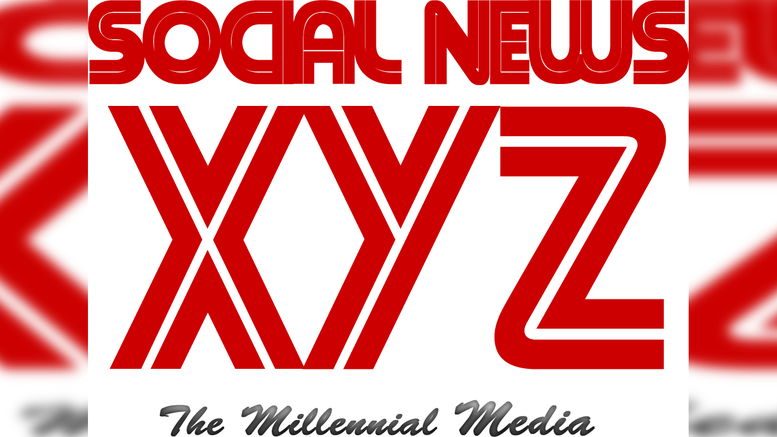Rio de Janeiro, July 6 (IANS) Does Brazil make you think of tropical jungles teeming with wildlife and cities inhabited by people of all shades and backgrounds?
It should, because all of those factors went into the making of the logo, mascots, souvenirs and other items having to do with the 2016 Olympic Games and Paralympic Games, which will be hosted this summer by Brazil's famed beachside city of Rio de Janeiro.
The two mascots, one for each of the games, were inspired by "the diversity of the Brazilian people and culture, as well as its exuberant nature," according to the organising committee, reports Xinhua.
Vinicius, named in honour of Brazilian musician Vinicius de Moraes, is the mascot of the summer games, starting August 5, and his long legs lend him a decidedly athletic look.
Part wild cat, part monkey, and part bird, he also has the kind of long, curled tail that's ideal for swinging from trees and some feathers. In short, he looks playful and ready for adventure, as an Olympic mascot should.
His sidekick Tom, who resembles an animated tree, is "a magical creature, a fusion of all the plants in the Brazilian forests."
His mission, the committee says, is "to inspire everybody to use creativity and determination to always reach further and have fun."
The logo, which evokes three people of different backgrounds dancing while holding hands in a circle -- in a nod to the games bringing people from around the globe together for a single purpose -- also alludes to one of Rio's most iconic features.
"We tried to find the best balance between the idea of people embracing and the shape of our topography, in particular that of Sugarloaf Mountain, which is our most famous panoramic view in Rio," its designer, Fred Gelli, founder of the firm Tatil, recently told online architecture and design magazine "designboom."
Brazil is the first Latin American country ever to host the Olympics, which presents countries with a unique opportunity to showcase their cultural, historical and natural attractions, in addition to their athletic talents, to millions of people at the same time.
That's why so much effort goes into the making of the visual identity of the games.
"The athletes need to relate to the symbol, but it has to inspire everyone," a member of the Tatil design team explains in a company video.
The logo was unveiled on New Year's Eve 2010 in front of some two million people gathered at Rio's Copacabana Beach for the traditional fireworks display.
After the logo was projected onto giant screens to rousing applause from the crowd, the designers knew they had a success on their hands.

